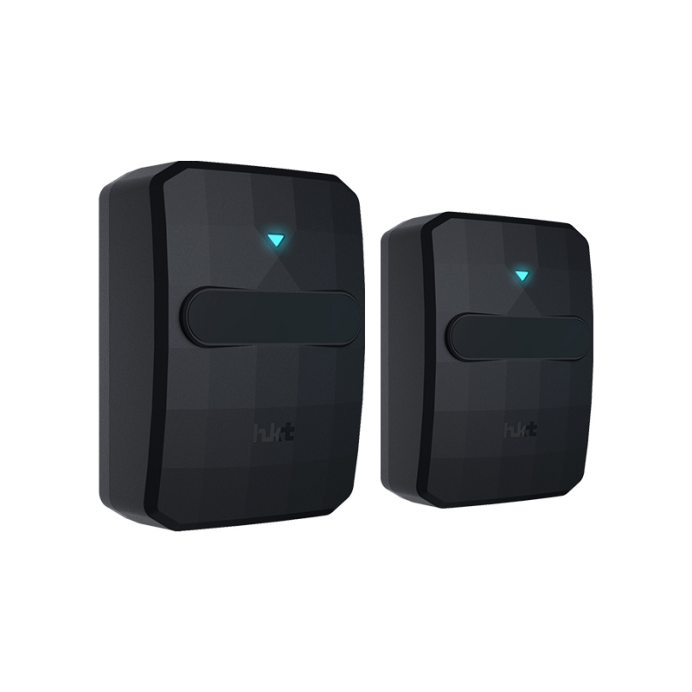Can a public lorawan device join a private lorawan network? As a trusted authority in IoT device and smart system development, HKT LORA is dedicated to shedding light on the nuances of LoRaWAN network deployments. In this article, we delve into the topic of whether a public LoRaWAN device can join a private LoRaWAN network, unraveling the complexities and considerations surrounding connectivity options.
Public LoRaWAN Networks: Open Connectivity for Widespread Adoption
Public LoRaWAN networks are openly accessible networks that allow devices from multiple organizations to connect and communicate. These networks are typically managed by service providers or community-driven initiatives, providing a platform for widespread IoT adoption. Public LoRaWAN networks offer several advantages:
Coverage and Accessibility: Public LoRaWAN networks offer extensive coverage, making them suitable for IoT deployments in urban areas, communities, and regions where multiple organizations can benefit from shared infrastructure.
Cost-Efficiency: By leveraging a public LoRaWAN network, organizations can avoid the need for building and maintaining their own network infrastructure, resulting in cost savings and accelerated time-to-market for IoT solutions.
Network Effects: Public LoRaWAN networks foster collaboration and knowledge-sharing among organizations, enabling the development of innovative IoT applications and services through a vibrant ecosystem.
Private LoRaWAN Networks: Tailored Connectivity for Specific Use Cases
Private LoRaWAN networks are dedicated networks established by organizations to meet their specific connectivity requirements. These networks are isolated and operated within the organization’s premises or deployed in specific geographical areas. Private LoRaWAN networks offer distinct advantages:
Enhanced Security: Private LoRaWAN networks provide organizations with greater control over the security of their IoT data. By operating on a private network, organizations can implement robust security measures and ensure data privacy.
Customization and Control: Private LoRaWAN networks allow organizations to tailor the network infrastructure to their unique needs. This flexibility enables optimized performance, seamless integration with existing systems, and the ability to prioritize critical data transmissions.
Regulatory Compliance: In certain industries or regions with stringent compliance requirements, organizations may choose to establish private LoRaWAN networks to maintain regulatory compliance and data sovereignty.
Conclusion
In the realm of LoRaWAN networks, organizations have the flexibility to choose between public and private deployments based on their specific connectivity needs. Public LoRaWAN networks offer widespread coverage, accessibility, and cost-efficiency, fostering collaboration and innovation in the IoT ecosystem. On the other hand, private LoRaWAN networks provide organizations with enhanced security, customization, and regulatory compliance. At HKT LORA, we understand the intricacies of LoRaWAN network deployments, and we provide comprehensive solutions to support organizations in establishing both public and private networks. Choose HKT LORA as your trusted partner in navigating the connectivity landscape, and unlock the full potential of LoRaWAN for your IoT deployments.
Read more:



